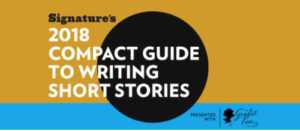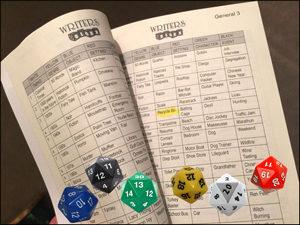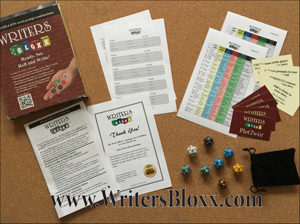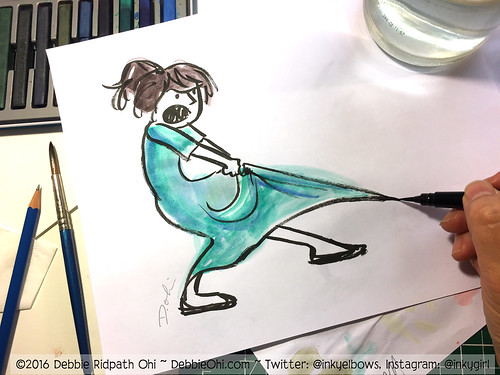I’m currently fascinated by a short story experiment being run by Penguin Random House.
They’re running a series called “The Season of Stories“. You subscribe, and they send you a story every week.
But that’s not the interesting part.
The interesting part is that they serialize the story.
Every day, Monday-Thursday, you receive part of a story.
It’s how short stories were read in publications back at the start of the golden age of short story writing, and it’s something we’ve moved away from. Instead of making them bite-sized treats, we sell short stories by weight, packaged into collections. Then we try to sell them to readers who have been trained on novels.
(No wonder short story collections don’t sell well!)
With a novel, you, the reader, carve out some time to plunge yourself into a story world, allow yourself to be pulled along by cliffhangers, spend time getting to know the characters.
Short stories aren’t like that.
Readers, in general, don’t know what to do with a short story collection, but anyone can open their email and read a quarter of a story. Especially one that has been well-crafted.
Today I want you to practice crafting a story that will keep bringing a reader back for more.
Stories naturally break into four parts: inciting incident, rising action, midpoint shift, then climax/conclusion/resolution. Each part must end with a kicker that leaves the reader wanting more (yes, even the end).
The Prompt
Write a story that can be read in four parts. Focus on creating mini-cliffhangers at each quarter point.
Tips
- The Seasons of Stories shorts have ranged from 600-1900 words per installment. You can choose a length that works for you.
- This is a great way to promote your other writing. PRH’s emails come with a ‘if you enjoyed this, read more in this book’ ad at the end. But it never feels ‘salesy’ because they’ve given me a free sample and are simply letting me know where I can find more, if I liked it. Sometimes this link is to a novel by the same author. Sometimes it is to a collection of short stories containing stories by the author. (Now that they’ve trained me to read shorts, they can sell me their collection!)
- Don’t forget to raise a big story question at the start (remember: you can do this in revisions), that won’t be addressed until the climax/end. Do this in addition to the mini-cliffhangers at the end of each section.
- If you need some examples, check out The Season of Stories. It’s free.
- I heard about this from Daniel Pink’s newsletter. If you like this, consider subscribing to that. It’s a short read and he shares interesting stuff like this, every other week.
Now, go and write your story.
Come back and tell me how it went!



 Hi!
Hi!




 A few days ago, I commented on a Twitter post about a hot-button issue. I don’t normally do that, but I thought I was making a neutral, expanding-the-argument kind of comment.
A few days ago, I commented on a Twitter post about a hot-button issue. I don’t normally do that, but I thought I was making a neutral, expanding-the-argument kind of comment.